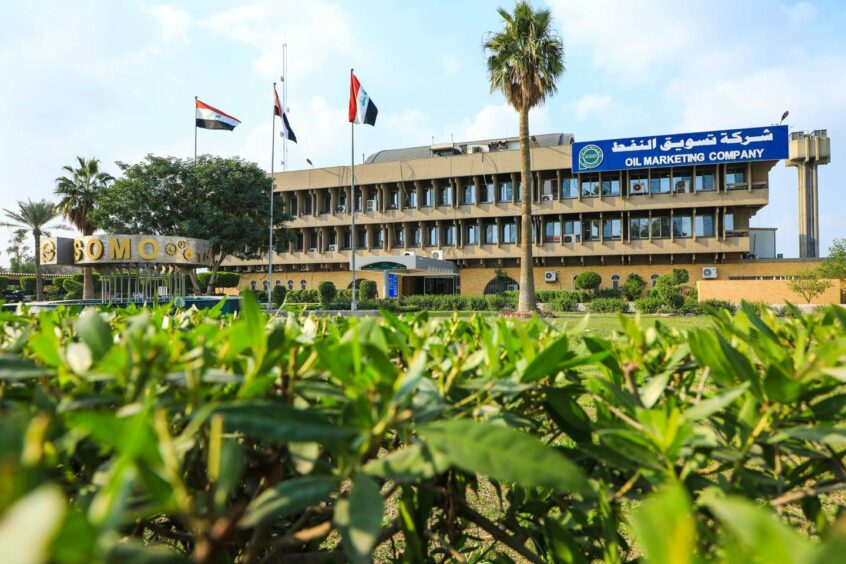
Iraq’s SOMO has endorsed Saudi Arabia’s take on the oil market’s situation, expressing concerns around “false signals” for the market.
Earlier this week, Saudi Arabia Energy Minister Prince Abdulaziz bin Salman told Bloomberg that the “paper and physical markets have become increasingly more disconnected”. The extreme volatility in the oil price, and lack of liquidity for futures, may see OPEC+ forced to cut production, he said.
SOMO echoed bin Salman’s thoughts on the oil market. The lack of liquidity in the paper oil markets has had an impact on price signals, the company said. There are “false signals” in the market, that fail to capture the reality of the market, it said.
The OPEC group will continue to watch oil markets, SOMO said. OPEC will “take all necessary measures” to find a balance in a way that “serves the interests of producers and consumers”.
The Iraqi company believes that OPEC will be able to “overcome” the challenges thrown up by the disconnect, it said. It cited the group’s response to COVID-19, when demand dropped, as just such an instance of concerted action by OPEC.
Bloomberg reported some observers saying the reduced number of participants in the oil market makes price swings more volatile. Open interest and trading volumes are well below historic levels, it said.
The volatile market has made hedging and managing risks for those handling physical oil “prohibitive”, bin Salman said. Volatility can give a “false sense of security” when spare capacity is limited and “the risk of severe disruptions remains high”, he told Bloomberg.
West Africa weighs in
Equatorial Guinea has also expressed concerns on the oil market this week, endorsing bin Salman’s perspective.
“OPEC+ have the means to create stability, whether this is through production cuts or any other method,” said Equatorial Guinea Minister of Mines and Hydrocarbons Gabriel Mbaga Obiang Lima. The minister’s statement was reported by the African Energy Chamber.
“Producing markets in Africa have and will continue to support the calls for market stability and the reduction in volatility. For Africa, ushering in stability will not only be key for mature and emerging oil and gas markets, but will reduce risks for market participants, allowing them to efficiently hedge and manage uncertainties,” Obiang Lima continued.
“As many countries in Africa begin their journeys towards becoming producers, ensuring well-functioning markets will be key.”
